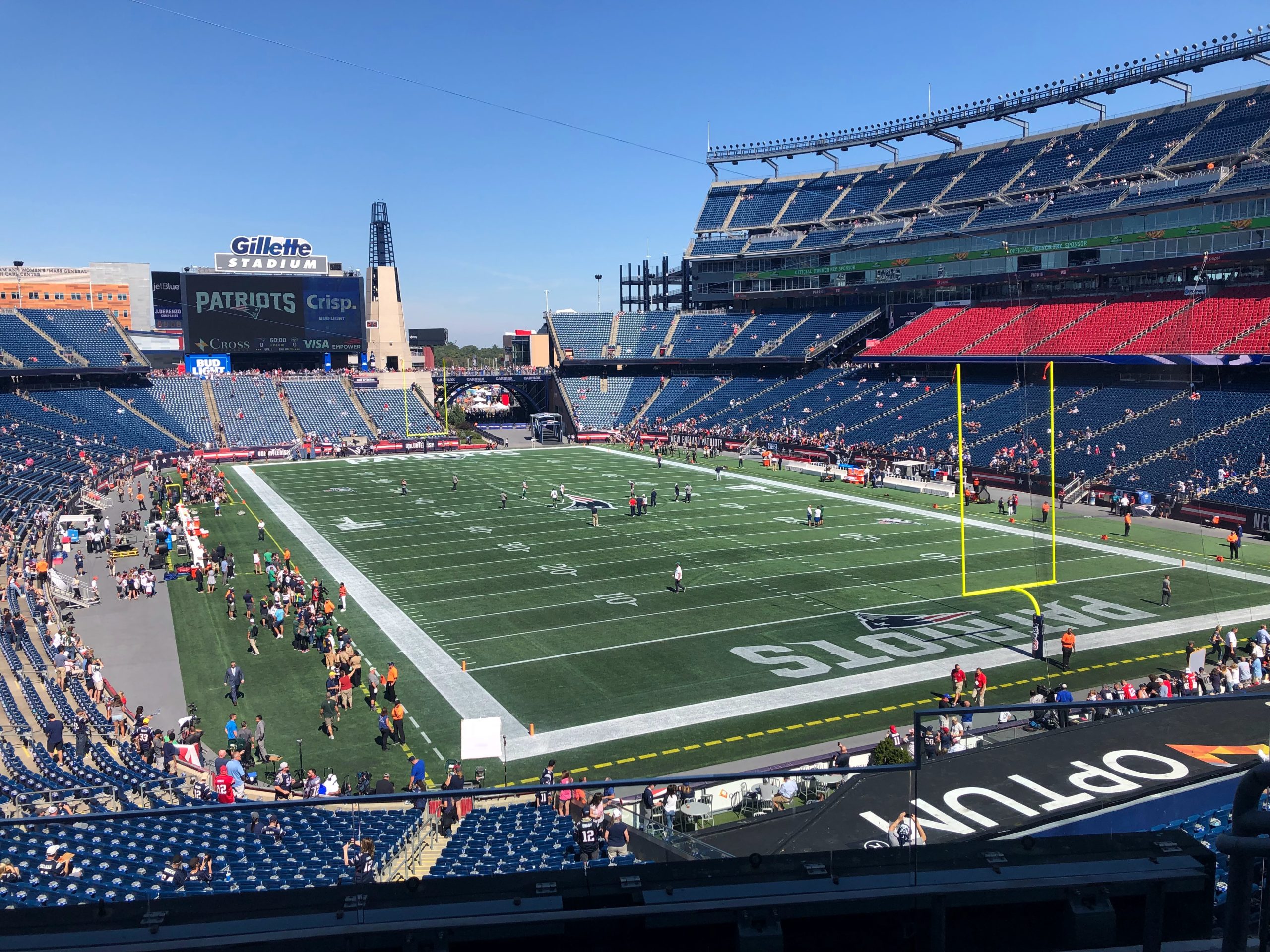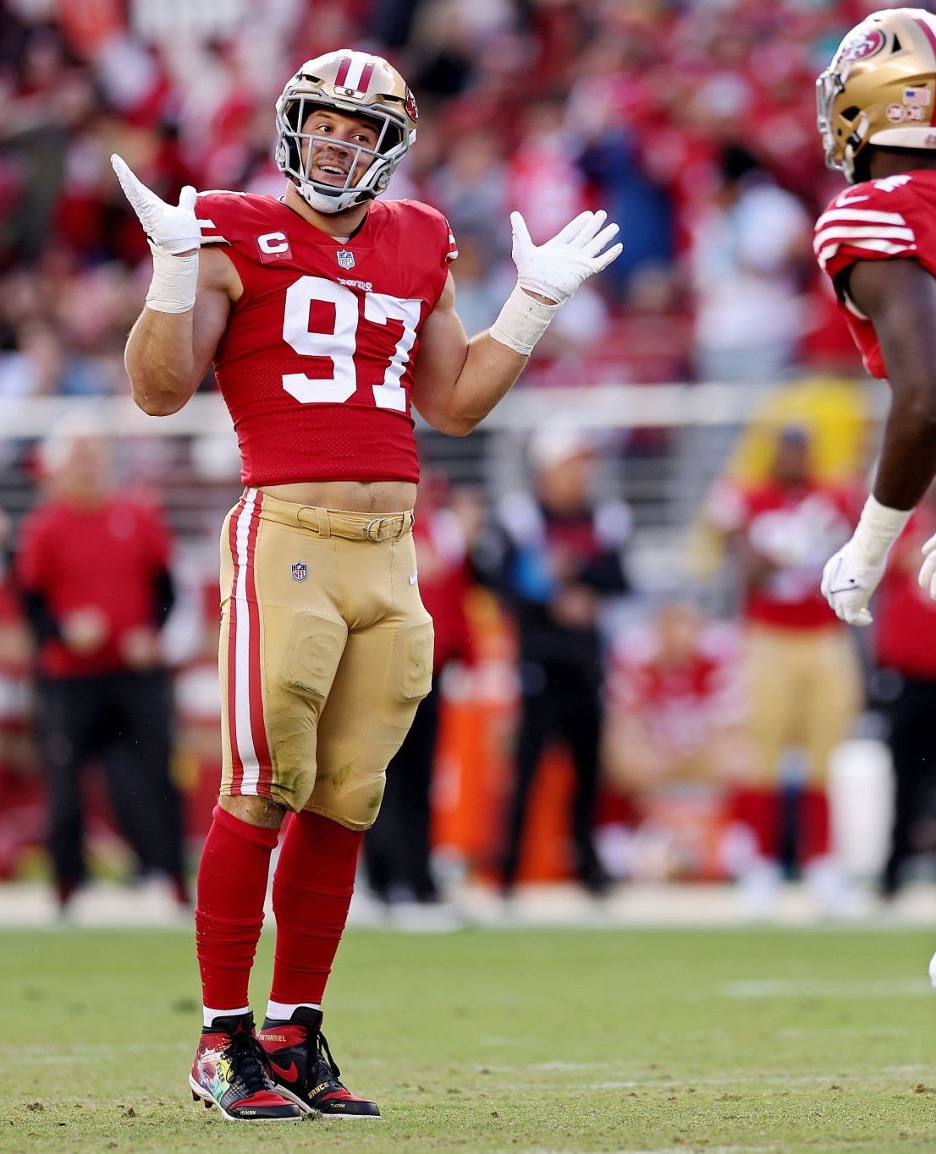By: Ben Feinberg
The tragic incident involving Dale Mooney, a dedicated Patriots fan who lost his life during an altercation with a Miami Dolphins fan at Gillette Stadium, has brought to the forefront the complex issue of liability for unruly fan conduct at sports events.[1] While initial reports suggested a link between the altercation and Mr. Mooney’s death, a subsequent autopsy revealed a potential medical issue as a contributing factor.[2] Nevertheless, this unfortunate incident prompts a conversation regarding the legal aspects surrounding fan misconduct and the responsibilities of sports stadium operators.
In analyzing the legal landscape, injuries occurring at sports stadiums typically fall into three distinct categories, each with its unique considerations:
- Standard Premises Liability Issues: Stadium owners or operators are responsible for maintaining a safe environment for attendees, including ensuring that the premises are free from hazards. In this context, they can be held liable if they fail to take reasonable precautions to prevent accidents or injuries unrelated to fan conduct.[3]
- Injuries Due to the Nature of the Sport: Some injuries are inherent to the nature of the sport itself, such as players colliding during a football game or a foul ball striking a spectator at a baseball game. In these cases, the stadium operator generally may not be held liable, as spectators are considered to have assumed a certain level of risk associated with attending the event.[4]
- Injuries Arising from Fan Actions: The focus of this discussion revolves around injuries resulting from fan misconduct. When fans engage in physical altercations, stadium operators may face liability under certain circumstances.[5]
A critical factor in determining liability for fan misconduct is foreseeability.[6] If the stadium operator could have reasonably foreseen that unruly conduct was likely to occur, they may be held accountable for not taking adequate preventive measures.[7] This includes the responsibility to monitor and control the actions of fans when necessary.[8] Important factors in proving liability for criminal acts of third parties include the number and training of security guards provided, past criminal incidents on the premises, patron habits, lighting adequacy, and the overall crime rate in the area.[9]
Additionally, stadium operators have a duty to supervise individuals on the premises when they have actual or constructive knowledge of specific risks posed by particular persons.[10] If they fail to exercise reasonable care in supervising and ensuring fan safety, they may be deemed negligent.[11] At Gillette Stadium, where more than half a dozen officers and security guards were present in the section, witnesses reported that first responders administered CPR for at least 10 minutes following the incident.[12]
However, courts recognize that the likelihood of fan misconduct can vary depending on the type of sporting event. [13] Events like boxing and wrestling matches are more likely to result in unruly fan behavior. [14] In such cases, attendees may be deemed to have assumed a higher level of risk, which can increase the burden when attempting to sue the arena operator.[15]
The tragedy involving Dale Mooney underscores the legal complexities surrounding fan misconduct at sports stadiums. While stadium operators have a duty to provide a safe environment, the concept of foreseeability plays a pivotal role in determining liability. The type of sporting event also factors into the assessment of risk and liability. Ultimately, the court’s evaluation hinges on whether the stadium operator took reasonable measures to prevent fan misconduct and the foreseeability of such actions. Nevertheless, the burden on operators is not absolute, and courts are cautious not to impose unduly burdensome measures that would hinder the enjoyment of sporting events. No lawsuit has been filed at this time, although potential charges are possible.[16]
[1] WBZ-News Staff, Autopsy identifies “medical issue” in death of Patriots Fan Dale Mooney at Gillette Stadium CBS News (2023), https://www.cbsnews.com/boston/news/patriots-fan-death-dale-mooney-gillette-stadium-autopsy/ (last visited Oct 9, 2023).
[2] Id.
[3] See Restatement Second, Torts §§ 340-343.
[4] See E.g. Bellezzo v. State, 174 Ariz. 548, 851 P.2d 847, 82 Ed. Law Rep. 947 (Ct. App. Div. 1 1992).
[5] See E,g. Johnson v. Mid-South Sports, Inc., 1991 OK 17, 806 P.2d 1107 (Okla. 1991).
[6] Id.
[7] Id.
[8] Id.
[9] See Fernandez v. Miami Jai-Alai, Inc., 386 So. 2d 4 (Fla. Dist. Ct. App. 3d Dist. 1980); Leslie v. Delaware Racing Ass’n, 275 F. Supp. 354 (D. Del. 1967); Gill v. Chicago Park Dist., 85 Ill. App. 3d 903, 41 Ill. Dec. 173, 407 N.E.2d 671 (1st Dist. 1980).
[10] See Fernandez v. Miami Jai-Alai, Inc., 386 So. 2d 4 (Fla. Dist. Ct. App. 3d Dist. 1980).
[11] Id.
[12] LEANNA FAULK and JODI REED | WJAR, New England Patriots fan apparently punched at Gillette Stadium dies WBMA, https://abc3340.com/news/nation-world/new-england-patriots-fan-dies-at-gillette-stadium-another-fan-saved-nfl-football-game-sports-foxborough-massachusetts-new-hampshire-deadly-medical-episode-death-pulse-miami-dolphins (last visited Oct 9, 2023).
[13] See Whitfield v. Cox, 189 Va. 219, 52 S.E.2d 72 (1949); Townsley v. Cincinnati Gardens, Inc., 39 Ohio App. 2d 5, 68 Ohio Op. 2d 72, 314 N.E.2d 409 (1st Dist. Hamilton County 1974).
[14] Id.
[15] Id.
[16] Mary Markos Diane Cho, Da, state police investigating fan’s death at Gillette Stadium during Patriots game NBC Boston (2023), https://www.nbcboston.com/news/local/district-attorney-state-police-investigating-fans-death-at-gillette-stadium-during-sundays-patriots-game/3138822/ (last visited Oct 9, 2023).




